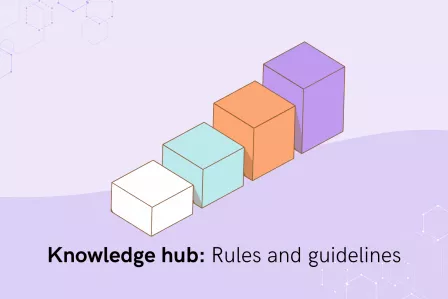The Directive regulates business practices that are unfair, misleading or aggressive. It aims to increase consumers’ trust and confidence while shopping offline and online. It explicitly says that children cannot be encouraged directly to buy things or persuade their parents or other adults to buy advertised products for them (‘pester power’). Such encouragement is an unfair commercial practice in all cases. In order to help businesses comply, the European Commission published guidelines in 2021. The guidelines have specific sections on social media marketing, and on influencers. For example, bloggers and influencers must state clearly if they are paid to promote items. The guidelines give examples of child-related situations such as misleading prizes, or in-app purchases presented as ‘upgrades’.
(Source: EC Compendium of BIK-related legislation).

The Directive regulates business practices that are unfair, misleading or aggressive. It aims to increase consumers’ trust and confidence while shopping offline and online. It explicitly says that children cannot be encouraged directly to buy things or persuade their parents or other adults to buy advertised products for them (‘pester power’). Such encouragement is an unfair commercial practice in all cases. In order to help businesses comply, the European Commission published guidelines in 2021. The guidelines have specific sections on social media marketing, and on influencers. For example, bloggers and influencers must state clearly if they are paid to promote items. The guidelines give examples of child-related situations such as misleading prizes, or in-app purchases presented as ‘upgrades’.
(Source: EC Compendium of BIK-related legislation).
- advertising commercialism


